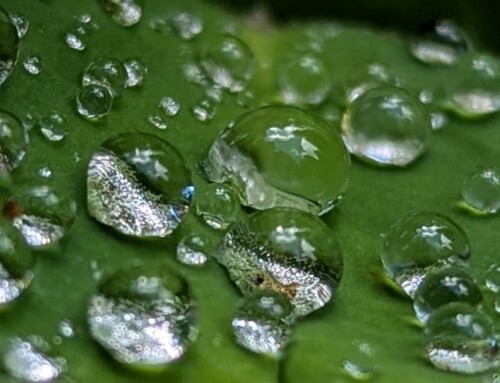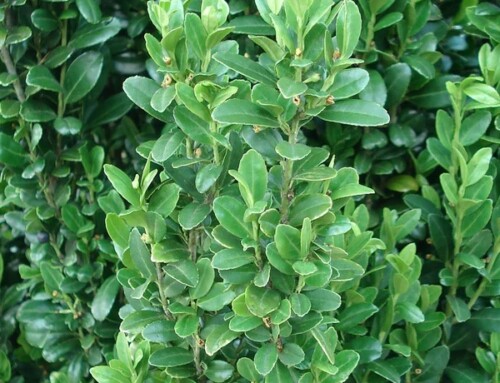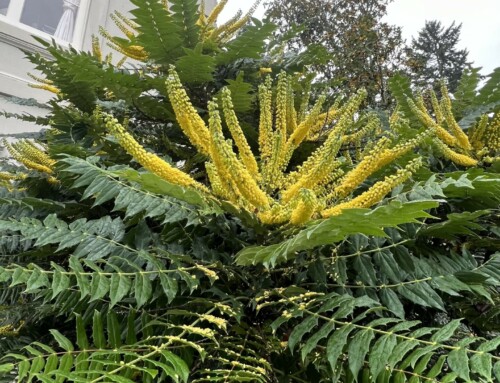English Holly, Ilex aquifolium, (a.k.a. Feral Holly or Common Holly) is a non-native understory tree commonly associated with the holidays for its bright red berries and glossy, prickly, dark green leaves. Most people are at least passingly familiar with this plant. Fewer, though, are familiar with its darker side.
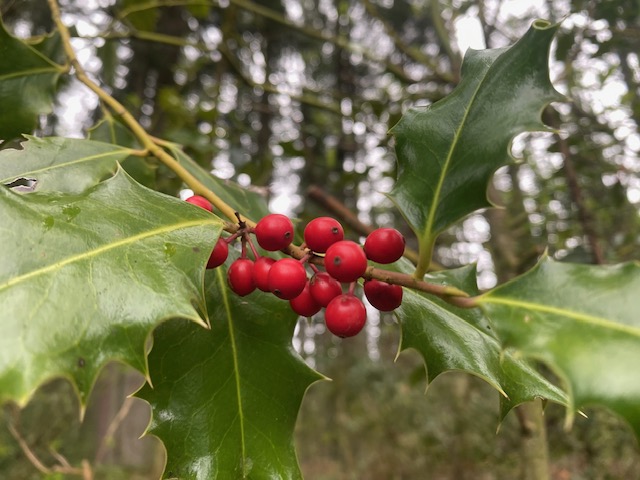
Native to Europe, North Africa, and western Asia, English Holly has spread to locations all over the globe including North America, Australia, New Zealand, and parts of South America. Here in western Washington, it is planted in gardens and landscapes and is grown commercially in holly farms for holiday foliage. Birds consume the berries from these plants and spread them to native areas where they can form invasive thickets.
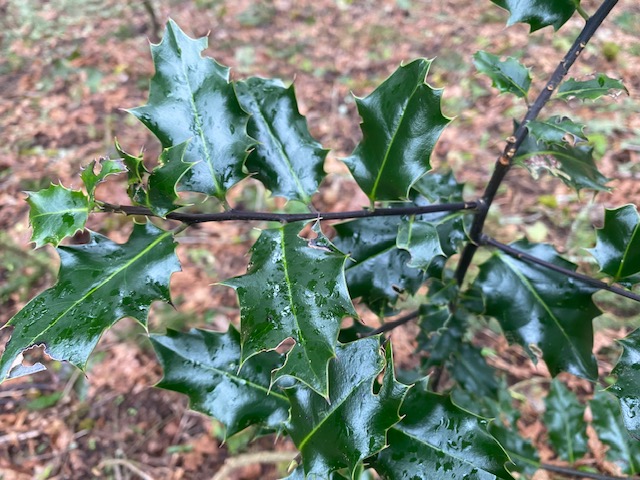
Since 2012, English Holly has been on the Washington State Noxious Weed Control Board’s (NWCB) Monitor List. This list names plants not yet considered by the state to be noxious weeds, but that may be listed in the future based on their behavior and qualities. Earlier this year, however, the NWCB elevated English Holly to Class C noxious weed status for its invasiveness and potential for damaging native habitats. A “Class C” designation means counties are left to decide whether and how to control the species up to and including mandatory removal by property owners. Currently removal is not mandatory in Kitsap County and may not become so in the future.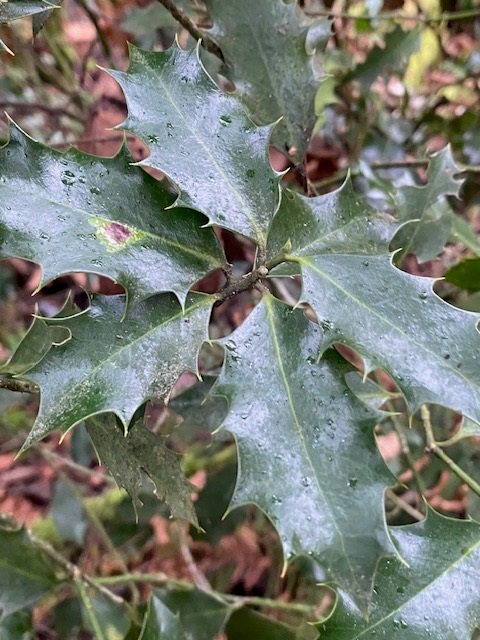
What does all this mean for the public? There is no action we are required to take, but as good stewards of our land, recommended actions include removal of any English Holly from our gardens and landscapes, avoiding planting it, avoiding using it in holiday decorations, and if it is used, bag and toss the decorations into the trash instead of into the compost or yard waste bins.
At Bloedel Reserve, there is some escaped English Holly in the woods. There are no intentionally planted specimens and over the years, the largest wild individuals have been removed. Smaller plants still exist, and garden staff are slowly removing them.
–Written by Darren Strenge, Gardens West Manager


